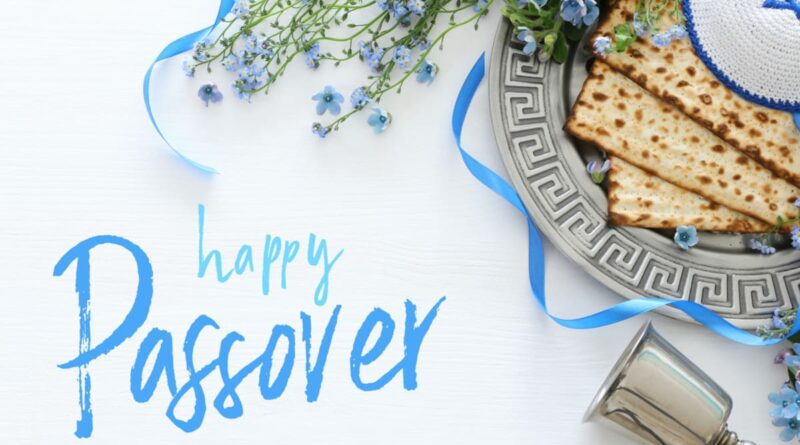History Of Passover
Passover, also known as Pesach in Hebrew, is a major Jewish holiday that commemorates the Israelites’ liberation from slavery in ancient Egypt. It is one of the most widely observed Jewish holidays, and its customs and traditions have been passed down through generations for thousands of years.
The origins of Passover can be traced back to the biblical story of Exodus, which recounts the story of Moses and the Israelites’ escape from slavery in Egypt. According to the story, the Israelites were enslaved in Egypt for 400 years before God sent Moses to lead them to freedom. After a series of plagues, the Pharaoh finally relented and allowed the Israelites to leave.
As the Israelites fled from Egypt, they didn’t have time to wait for bread to rise, so they ate unleavened bread, known as matzah. This is why matzah is a central part of the Passover Seder, the ritual meal that is held on the first two nights of the holiday.
The first Passover Seder was held in the wilderness, shortly after the Israelites left Egypt. The Seder is a symbolic reenactment of the Exodus story, and it is filled with rituals and traditions that have been handed down through generations.
One of the most important parts of the Seder is the retelling of the story of Exodus, which is done through the reading of the Haggadah. The Haggadah is a book that tells the story of the Israelites’ liberation from slavery and provides instructions for the Seder.
Another important part of the Seder is the eating of symbolic foods, which represent different parts of the Exodus story. These include matzah, which represents the unleavened bread the Israelites ate during their escape, and maror, a bitter herb that represents the bitterness of slavery.
The Seder also includes the Four Questions, which are asked by the youngest person at the table. The questions are designed to prompt discussion and reflection on the meaning of the holiday.
Passover is an important holiday in Jewish culture, and its traditions have been passed down through generations for thousands of years. While the holiday has evolved over time, its central themes of freedom and liberation remain as relevant today as they were thousands of years ago.
In addition to the Seder, Passover is also marked by the prohibition of chametz, or leavened bread. During the holiday, Jews are not allowed to eat or possess any food made with leavening agents, including bread, pasta, and certain grains.
Passover is a time for reflection and remembrance, and it is also a time for celebration. It is a time to gather with family and friends, to share stories and traditions, and to renew our commitment to freedom and justice.
In conclusion, Passover is a major Jewish holiday that celebrates the Israelites’ liberation from slavery in ancient Egypt. Its customs and traditions have been passed down through generations, and it continues to be celebrated today. The holiday is a time for reflection, remembrance, and celebration, and it serves as a reminder of the importance of freedom and justice in our world.
Discover more from City Towner
Subscribe to get the latest posts sent to your email.




